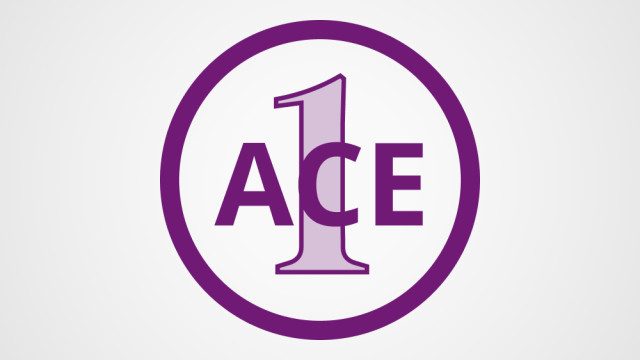Make an Offer if you don't like the price. A serious offer.
Sell your website or domain names now!



Avansel Euipment - the most complete catalog of equipment and software for shooting spherical 360° panoramas and creating virtual tours.
$4,500.00 $5,000.00


Discover Your Perfect Domain Today!
Explore premium domain names for sale at Go2DomainSales.
Your one-stop destination for exclusive and memorable web addresses.
Explore a wide range of domain options, from catchy and memorable to industry-specific keywords.
Each domain in our directory is carefully vetted to ensure its relevance and branding potential.
Use our intuitive search feature to quickly locate domains that align with your vision.